French cuisine, which has turned eating into an art form, is world famous not without good reason. There's hardly anyone who hasn't heard about the fine specialties known as cheese fondue, the aromatic French soup Dubarry, chicken a la dijonnaise, and many others. But there are also a whole lot of interesting facts related to French cuisine:
Similar to the Japanese approach to food, the French don't see it as merely a physiological act but as an entire culture in of itself. This means that everything served at the table will be beautifully garnished and come in a specific order.
France has countless gastronomic societies, where chefs can let their imagination run wild and come up with nonstandard recipes such as escargot soup, salads seasoned with cologne and all sorts of other dishes.
The culinary terms poached, sauteed, vinaigrette, julienne and canape all come from French cuisine.
The bread of choice in France remains the baguette, traditionally made from only flour, salt and yeast.
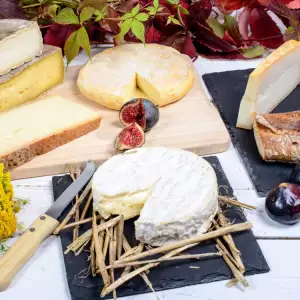
The French make over 400 types of cheese, which serve not only for preparing aromatic salads and main dishes but also for desserts. Especially popular are the ones that have to have 4 types of cheese in them - aged, moldy, fresh and hard.
Horse and rabbit meat are traditionally present at the French dining table, where they are served with a large selection of fresh or sauteed vegetables.
World famous French writer Alexandre Dumas is celebrated in his country of birth not only for his novels but also for the Dictionary Of Cuisine he authored.
Unlike Russian cuisine, for example, where meat is heat treated for extended periods, the French prefer to consume it a bit on the raw side. And that is where the term à l'anglaise comes from. Even though à l'anglaise is of French origin, in translation it means English-style.
The French are likely the biggest consumer of snails in the world. There are all sorts of snail dishes and they have been considered a true delicacy since time immemorial.
Among France's most prominent chefs, we cannot neglect to mention the name of Auguste Escoffier, whose culinary principles continue to be widely used even today.
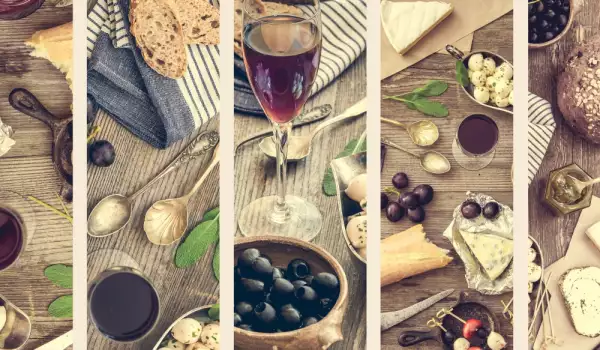


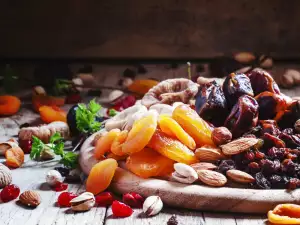
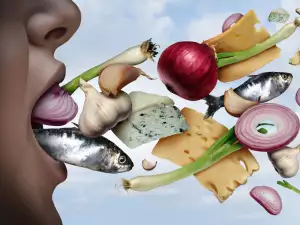



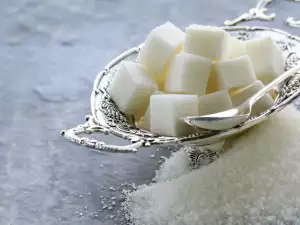


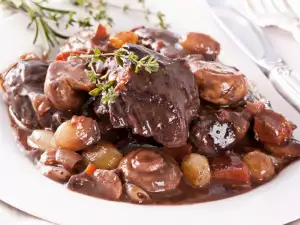

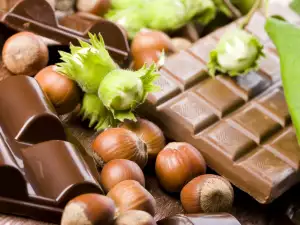
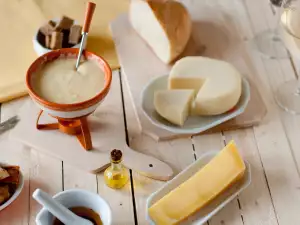
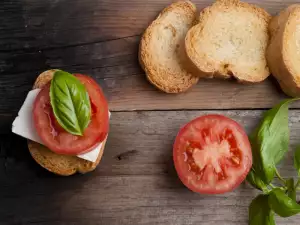




Comments